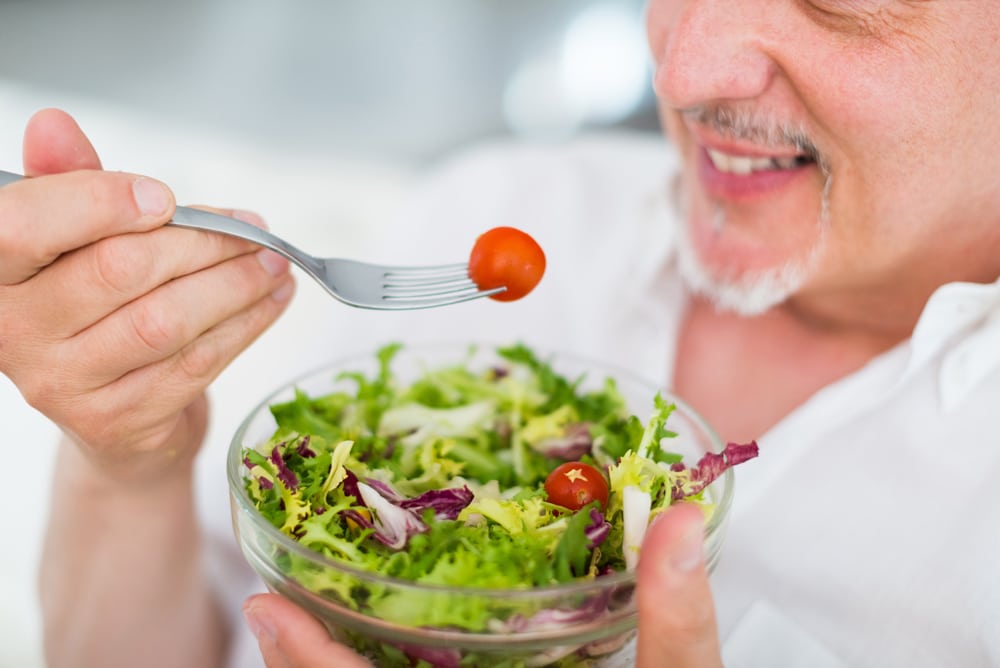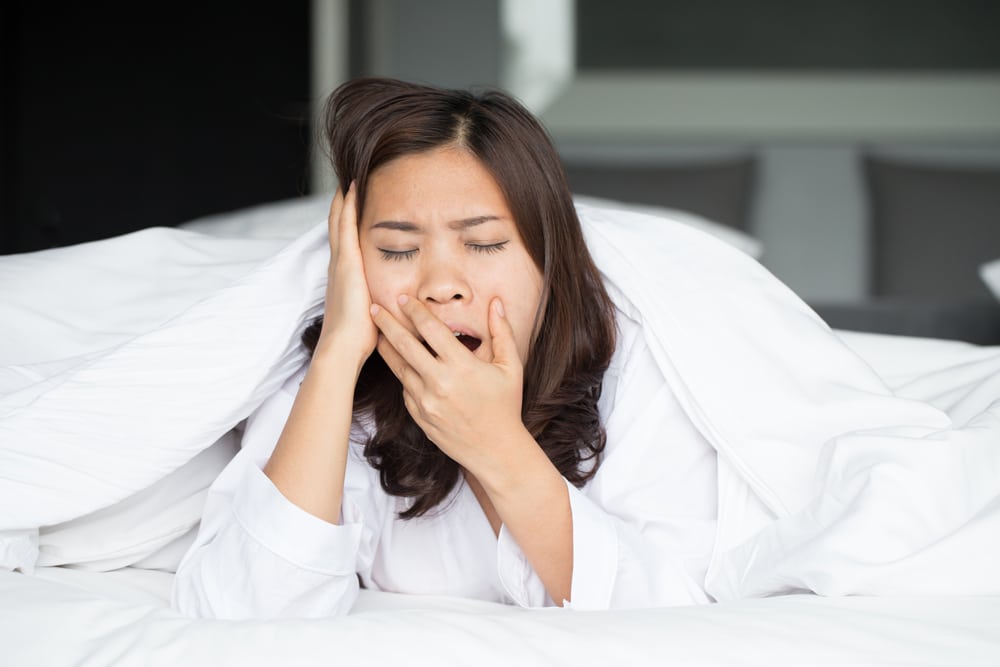With the approach of Autumn , it is worth considering how the shorter days and darker nights are going to affect you. By understanding the way the body works we can start to think about what we change this year in preparation for the winter ahead
What is Serotonin?
Serotonin is a neurotransmitter and has a variety of functions in the nervous system. These include thermoregulation (temperature), mood, appetite memory and activity in the body clock. It is a precursor for Melatonin and affects sleep-wakefulness.
Within the sleep cycle itself, the overall effect of Serotonin is to promote ‘wakefulness’, although it may also have a role in NREM (none-REM) deep sleep.
The body produces Serotonin in the gut (endocrine cells) and the brain (via Raphe neurones). Here the amino acid Tryptophan is first converted to 5-HTP which is the pre-cursor for Serotonin itself.
How are Serotonin and Melatonin related?
Serotonin is a pre-cursor (chemical building block) for Melatonin, the ‘sleep hormone‘, which helps to initiate sleep. Melatonin is secreted by the Pineal Gland in the brain. This happens in response to darkness and night-time. Its release peaks in the middle of the night and declines towards morning. Melatonin effectively provides the signal for the entire body that it’s night-time and time for sleep.
Given this role of stimulating the ‘urge to sleep’, Melatonin is often recommended for Long Distance Airline Pilots and Shift Workers as an aid to resetting their circadian rhythm/body clock. In the UK Melatonin is prescription only. It is important to note that Melatonin appears to have no function in sleep after its role as the initiator of sleep. Thus once the body clock is back in sync with the correct ‘time-zone’ its use should be stopped.
Serotonin and gut health
90% -95% of Serotonin in the body is found in our gut where it is produced by endocrine cells in the gut lining called Enterochromaffin Cells. Serotonin’s function in the gut is to increase motility, and therefore has a huge role in the health of our digestive system. What’s more our gut bacteria are also involved in the production of Serotonin, linking into this ‘enteric system’. This is often called our second brain due to the number of nerve cells in the area, which are more than the spinal cord itself, 90% of which go to the brain rather than from it.
Our gut bacteria/microbiome have their own 24 hour daily microbial rhythms that go into a 90 minute cycles at night, which appear to be in sync with our own sleep cycles. There is a strong link between the two systems. Jet lag effects the good bacteria in the gut microbiome, with evidence that taking probiotics can aid sleep. There is now growing research suggesting that gut microbial rhythm/microbial health can influence and disrupt our circadian rhythm and vice versa.
Serotonin and winter blues/SAD
The cause of Winter Blues/Seasonal Affective Disorder (SAD) is not fully understood. There are a large number of factors, which contribute to its expression including our psycho-social reactions to the cold and dark weather. This results in us going outside less, getting less sunlight, eating carb- dense comfort food and socialising and exercising less.
Another core component is most probably Serotonin production. Here a lack of sunlight may lead to a lower level of Serotonin which is then linked to feelings of depression. There is a large genetic component too with some cases running in families.
How is Serotonin made in the body?
Serotonin’s production in the brain is related to our uptake of Trytophan (its amino acid building block). Tryptophan is actively transported across the blood brain barrier competing with other essential amino acid. Eating foods containing Tryptophan (when eaten with Carbohydrate) can increase Tryptophan uptake into the brain. Foods with high levels of Tryptophan include poultry, avocados, bananas, cottage cheese, walnuts, soy protein, tomatoes and sunflower seeds.
Consider taking 5-HTP itself. Always check with a pharmacist if you are on medication. Natural 5-HTP is produced as an extract from the seeds of a West African tree called Griffonia simplicifolia. I would always go natural versions over the synthetic 5-HTP products on the market, so can recommend Vivanta Nutrition 5-HTP Pro.
Top Tip to set yourself up for Autumn Sleep
Start to build up your body’s gut bacteria with Natural Yoghurt and take some pro-biotics with your breakfast . There’s no better way to start the day.





